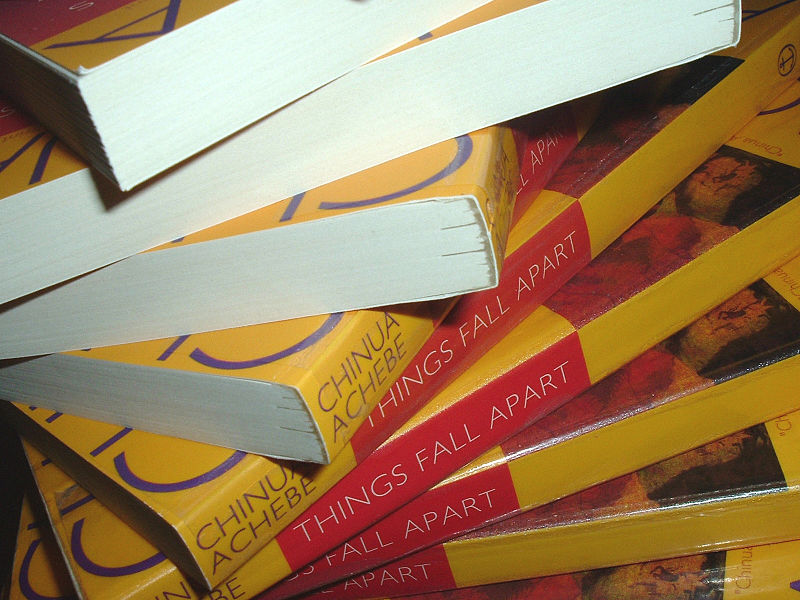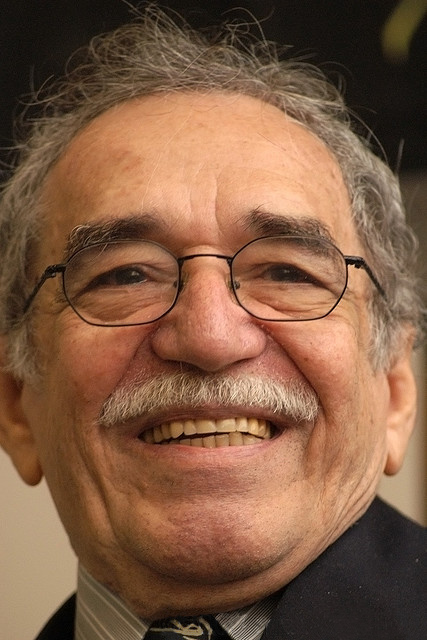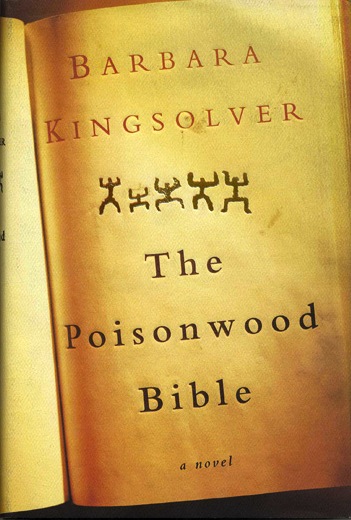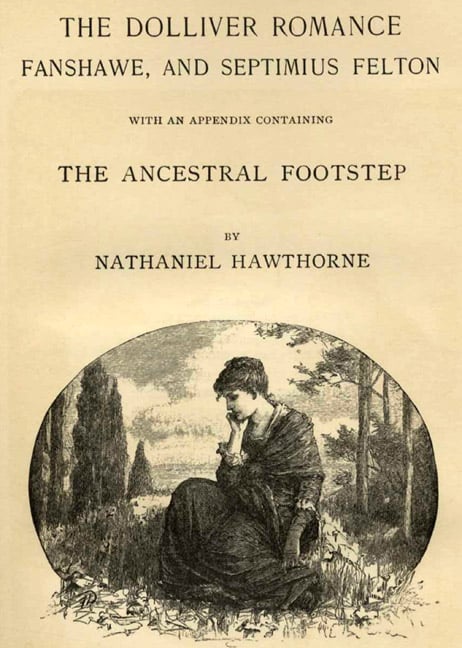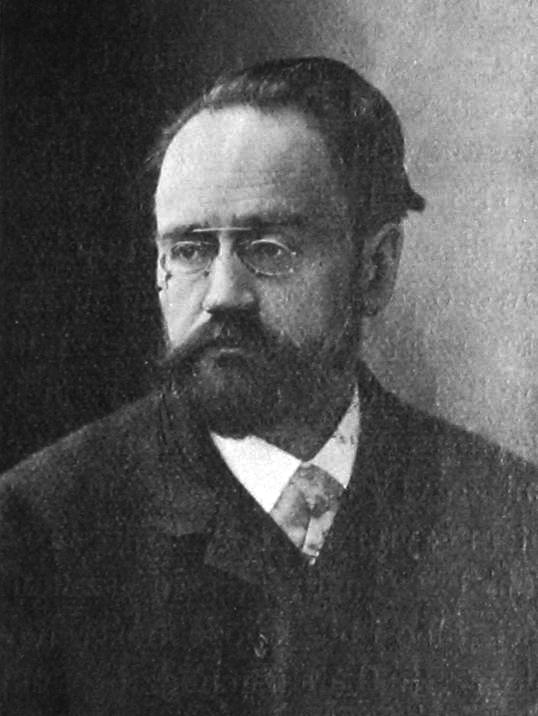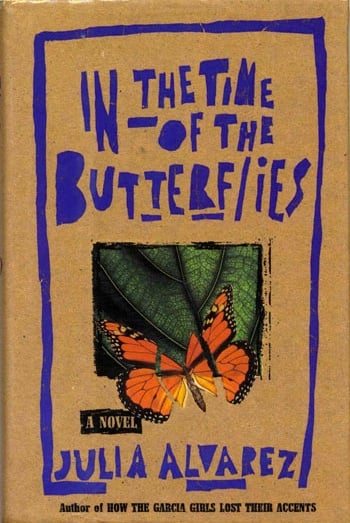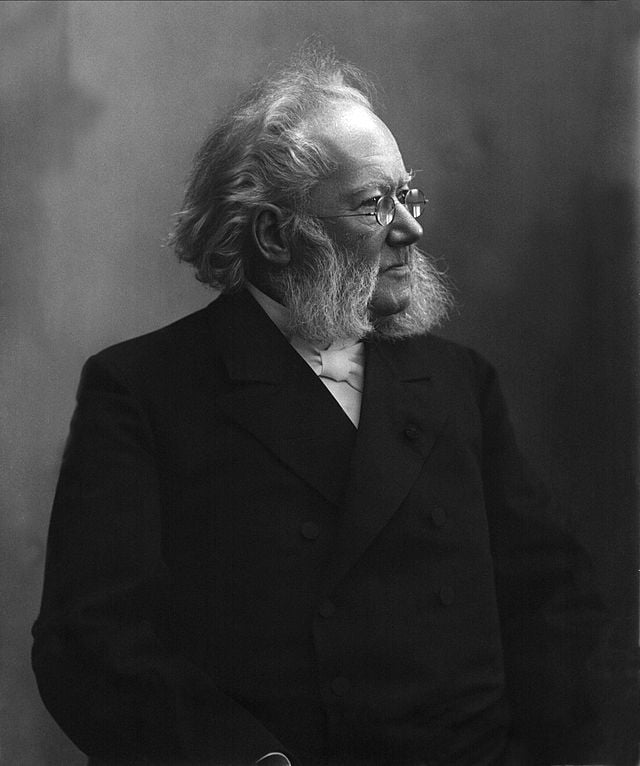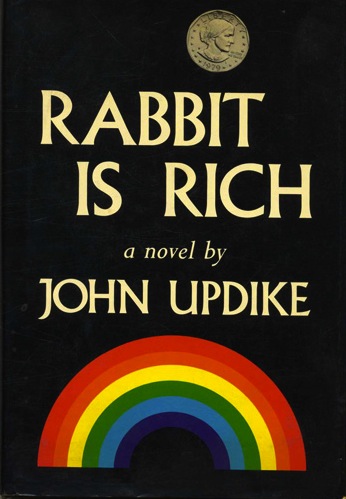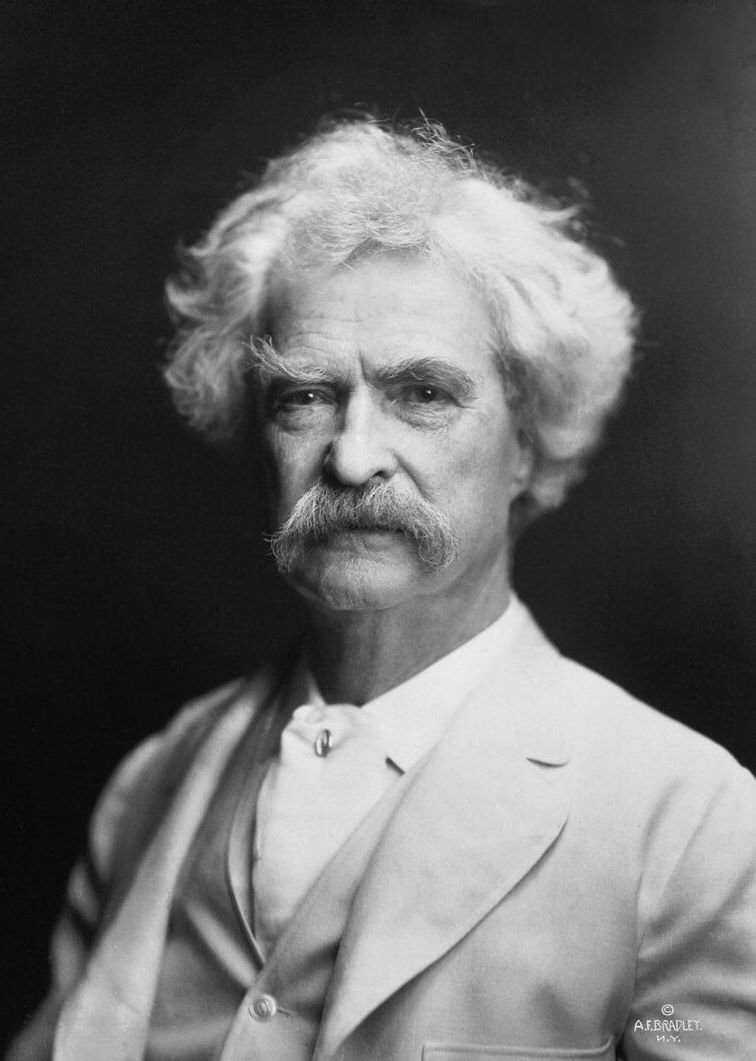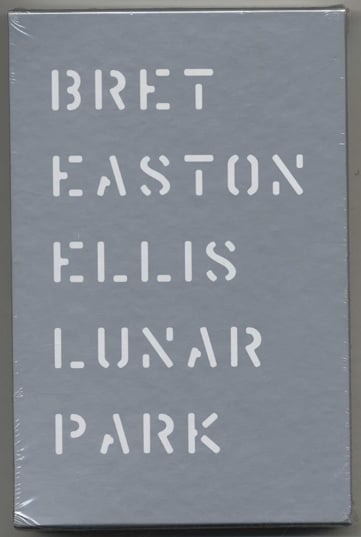Since the 1980s, numerous novelists, dramatists, and poets have been marketed as postcolonial writers. But what is postcolonial literature? In the broadest terms, this category includes works that have a relationship to the subjugating forces of imperialism and colonial expansion. In short, postcolonial literature is that which has arisen primarily since the end of World War II from regions of the world undergoing decolonization. Works from such regions in the 20th and 21st centuries, such as the Indian subcontinent, Nigeria, South Africa, and numerous parts of the Caribbean, for example, might be described as postcolonial.




